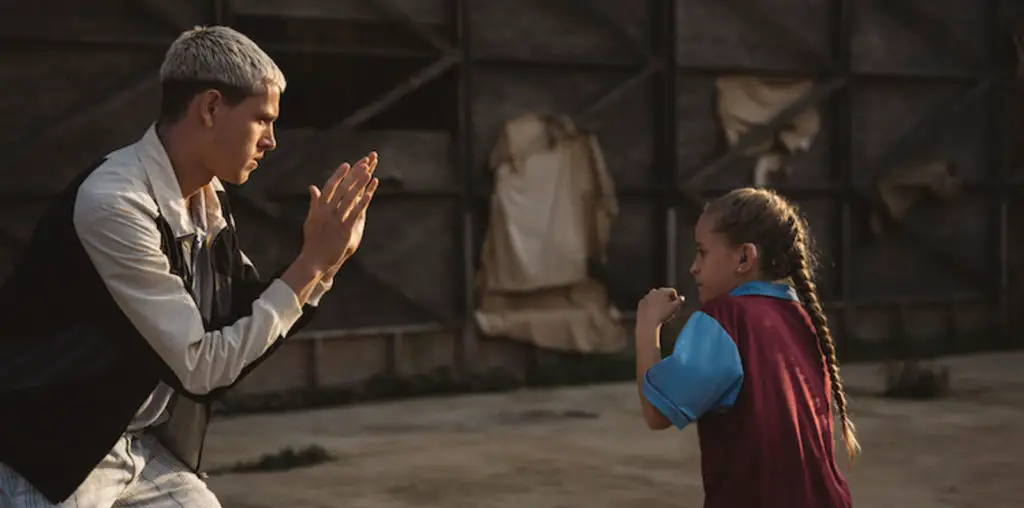
Ty wants to be a filmmaker; Xuan wants to be a musician; Linh wants to marry a Catholic; and Dinh has a white girlfriend. What these brothers and sisters have in common is the disapproval of their authoritarian, Vietnamese father. In such a strict home, the members of the family have learned to live in secret, afraid to disclose anything about their true hopes and dreams to their patriarch. Eventually, however, it’s all got to come out, and everyone walks on eggshells, hoping the finale won’t be disastrous.
“All About Dad” starts with a very appealing set up. Here is a film that explores the tense relationships between family members that naturally develop in authoritarian homes. Other than a cranky, but loveable, neighbor, the film stays relatively contained until about halfway through. At this point, Ty’s friend interrupts the flow of the narrative, taking us outside of the family drama. Why should we care about this kid? We barely know his name, and we’re supposed to give a s**t that he’s quitting his job to join the Navy? Likewise, the cranky neighbor character starts getting a lot more screen time as he describes his absentee relationship with his daughter. It seems as though the film uses these outside figures to drive home the themes and morals of a film that would have been just fine without such obvious symbolism. Unnecessary, and a little bit of a film-school mistake. Dad is rough, but at least he supports you so you don’t have to go in the Navy, and at least he was there for you growing up. Director Mark Tran should have trusted his family of characters enough to discover these meanings on their own. The result could have been a tight, concise, and interesting film.
As it stands, “All About Dad” is still very enjoyable. It’s fun to watch familial relationships in media res. A system so intricate can seem irreparably broken when the siblings are already growing older; this film shows the flexibility of even the strictest of structures.

